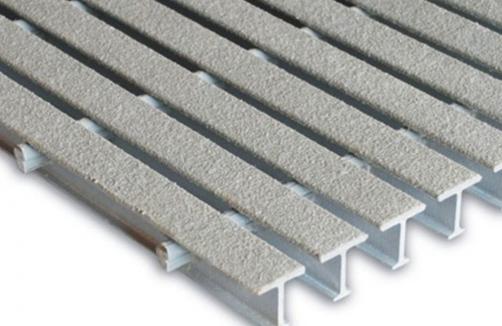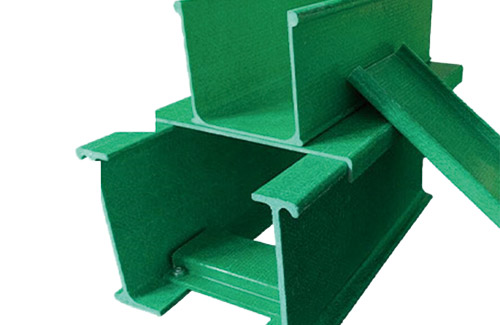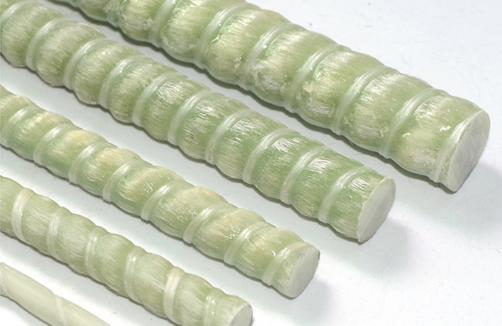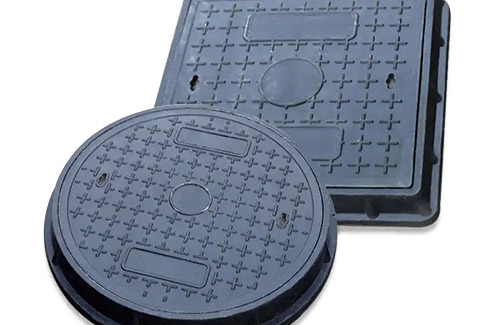First, focus on the development of thermoplastic technology and technology, and catch up with the international advanced level.
Thermoplastic composites are becoming more and more important in the field of composite materials due to their light weight, good impact resistance and fatigue toughness, short molding cycle, especially recyclable properties. And trends.
Developed countries have started research and production of thermoplastic composite materials earlier. In recent years, they have intensified their efforts, conducted in-depth research, development and industrial production, and made breakthroughs in many core areas. China is still at a low level of technology. The state of special equipment is backward, while the output is small and the variety is small. The performance is still different from that of similar foreign products. There are obvious deficiencies, and the whole is still in its infancy.
The second is to use equipment automation, intelligence, and information technology as a means of transformation, abandoning manual operations and building large-scale large-scale groups.
Automation of production equipment can be achieved with industrial robots.
The advantages of automated production methods using industrial robots are obvious. First, in the context of rising labor costs, companies using industrial robots instead of workers can increase production efficiency several times and significantly reduce operating costs. Secondly, in certain types of precision-demanding work, such as stamping, pressure casting, heat treatment, welding, painting, plastic molding, and machining, the machine performs more stably and has a lower error rate. In addition, the machine can completely replace human beings in the handling of hazardous materials, and achieve environmentally friendly green production. These tasks will undoubtedly greatly enhance the competitiveness of enterprises and accelerate the transformation of enterprises.
The third is to break the boundaries of the industry, establish industry alliances, and develop new application markets.
Unmistakable, glass fiber composite materials have been used in the aerospace, energy industry and other "high-precision" fields. In the civil field where the grounding is attached to the people's livelihood, the cross-industry industry combination has opened up the application of composite materials. More space.
In the aquaculture industry, which has become the growth point of China's rural economy and an important pillar industry, it contains huge business opportunities in the composite materials market. The clean floor-type manure floor made of LFT-D materials can meet the scale of large-scale breeding enterprises. demand. Taking the septic board as the entry point, it is derived from other animal husbandry products, and the animal husbandry supporting facilities and products processing factory is built at the provincial level to radiate to the surrounding areas. The food and logistics industry is integrated, and the regional resources are integrated. The future is expected to be 700. Billion ~ 80 billion yuan.
In addition, with the rapid development of urbanization, the demand for manhole covers, which are the supporting facilities for new residential buildings and roads, has increased sharply. The traditional cast iron manhole covers are costly and stolen, and pedestrians are injured and vehicles are damaged. It is a problem that plagues various construction departments. The weight of the glass fiber composite manhole cover is 2/3 lighter than that of the cast iron manhole cover. The service life is more than 20 years, which is 1 times that of the cast iron manhole cover. The price is only 80% of the cast iron manhole cover. It is not only beautiful in appearance, but also has good electrical insulation performance and waterproof. , anti-aging, acid and alkali resistance, high strength, impact resistance, wear resistance, not afraid of sun and rain, anti-static, anti-theft, can be arbitrarily colored, easy to install, maintain, identify, the market potential is unprecedented.








